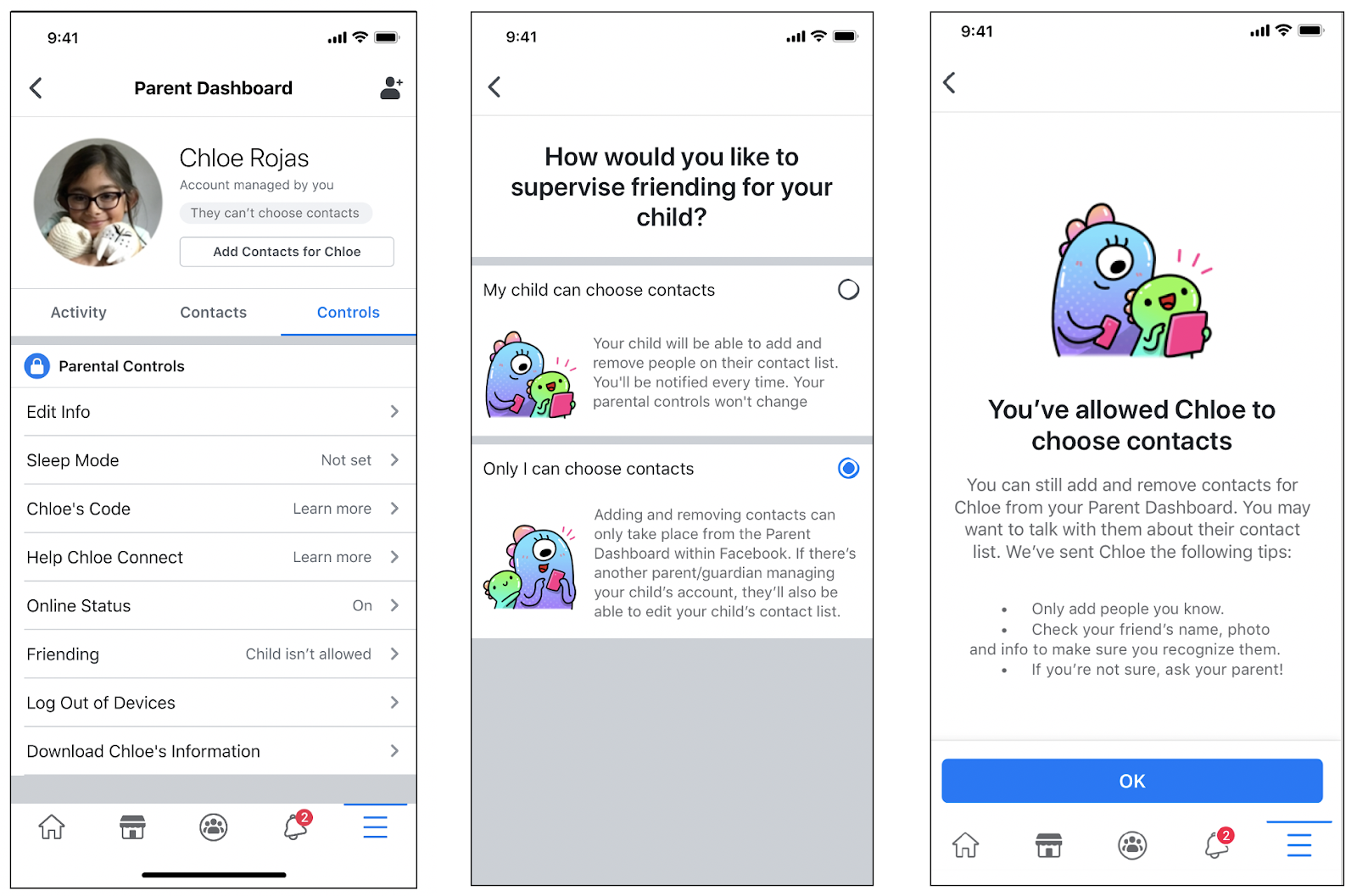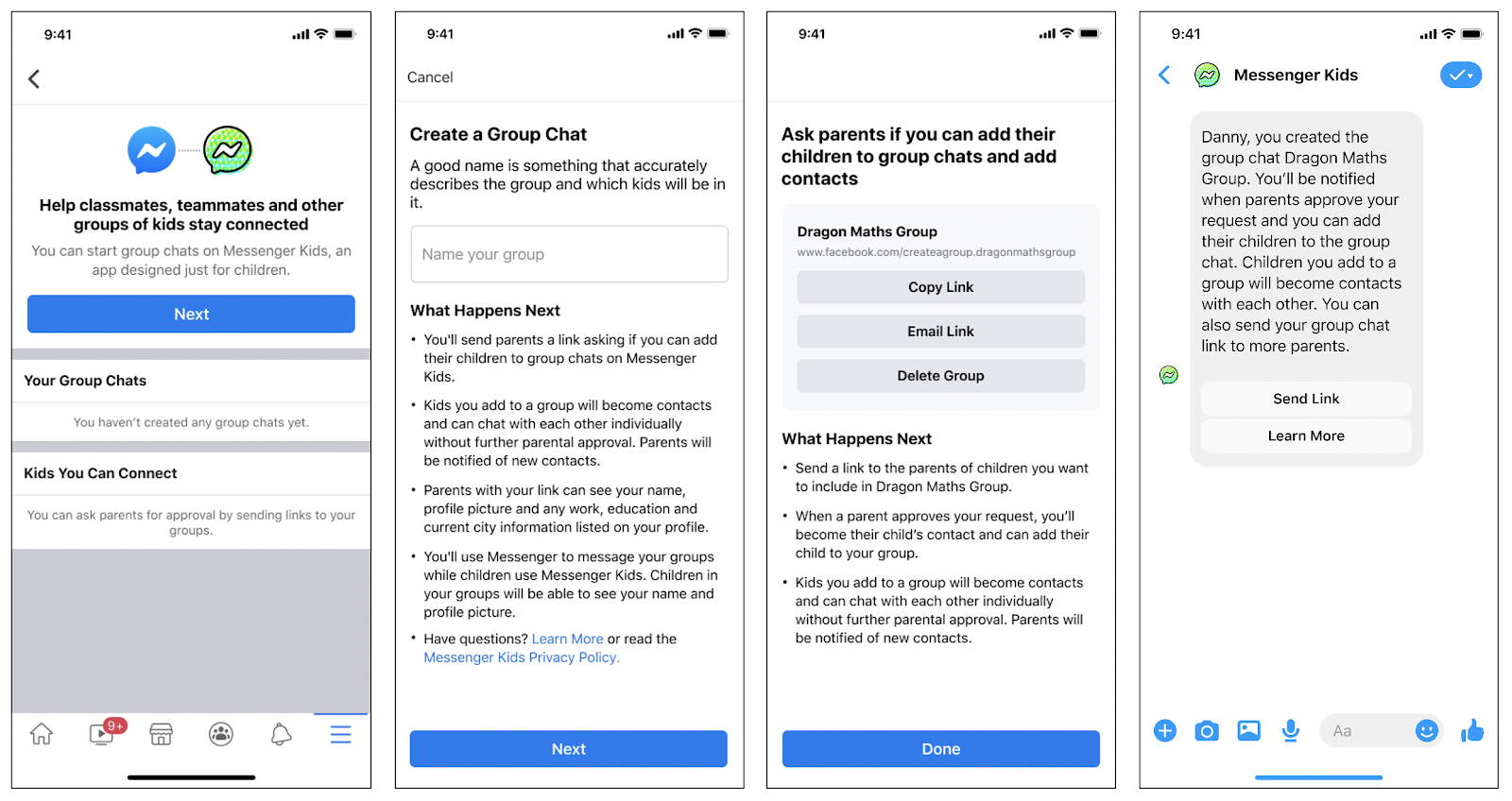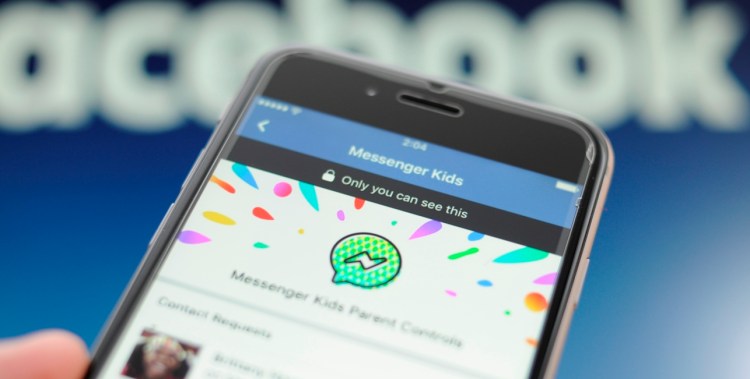Facebook is launching Messenger Kids in dozens of new markets from today and adding a handful of new features to make it easier for kids to connect with friends and family without parents’ direct control.
The move comes after the COVID-19 crisis forced most schools to close, leaving millions of children around the world confined to their homes.
Facebook initially launched Messenger Kids back in 2017 as a way for children to enjoy the benefits of a social network without the perils of the main Facebook app (which can only be used by individuals over the age of 13). Parents install Messenger Kids on their child’s device and can then control everything from their own Facebook account. It’s worth noting that Messenger Kids has courted some controversy for encouraging children to use social networks at a young age — a report also revealed that many of the “experts” who had vetted the original Messenger Kids app were funded by Facebook.
At any rate, Messenger Kids continues to gain traction, and in 2018 it began rolling out globally, starting with Canada and Peru, followed by Mexico and Thailand. Now Messenger Kids will be made available in 74 new countries across Latin America and the Asia-Pacific region, including India, Australia, Indonesia, Argentina, Brazil, and Colombia.
June 5th: The AI Audit in NYC
Join us next week in NYC to engage with top executive leaders, delving into strategies for auditing AI models to ensure fairness, optimal performance, and ethical compliance across diverse organizations. Secure your attendance for this exclusive invite-only event.
Control
Facebook is also now allowing parents to cede more control to their kids in terms of how and who they connect with through the app. One of these new features is what the company calls “supervised friending,” which allows children to accept, reject, and remove contacts through the Messenger Kids app. Prior to now, parents had to personally invite and approve every contact for their child, but time-pressed adults can opt into this new feature.

Above: Supervised Friending in Facebook’s Messenger Kids app
It’s worth noting that parents are still notified when their child approves a new contact and can override the decision through their dashboard.
This new feature will arrive first in the U.S. from today and will roll out to other Messenger Kids’ markets in the coming months.
Facebook is also trying to replicate the school experience by allowing parents to give adults authority to connect their child with other children through group chats in the Messenger Kids app. The company likens this new feature to the way a teacher or school sports coach would “help their child navigate classroom or team friendships” in the real world.

Above: Messenger Kids approved adult
The approved adult can only connect kids whose parents have also granted them such approval, and all parents are notified when new contacts are added for their child. This new group chat approval process will also be launching in the U.S. before arriving in other markets over time.
Elsewhere, the Messenger Kids app will also now come with the option to display a child’s name and profile photo to friends of their friends and those kids’ parents, as well as to children of their parents’ Facebook friends. This makes it easier for everyone to add new contacts to their profile.
For Facebook, the new features will certainly help it scale the app at a time when children are physically distanced from their friends. And when they’re old enough to use the main Facebook app, these kids may be more inclined to remain on the platform, which is the company’s end goal.


